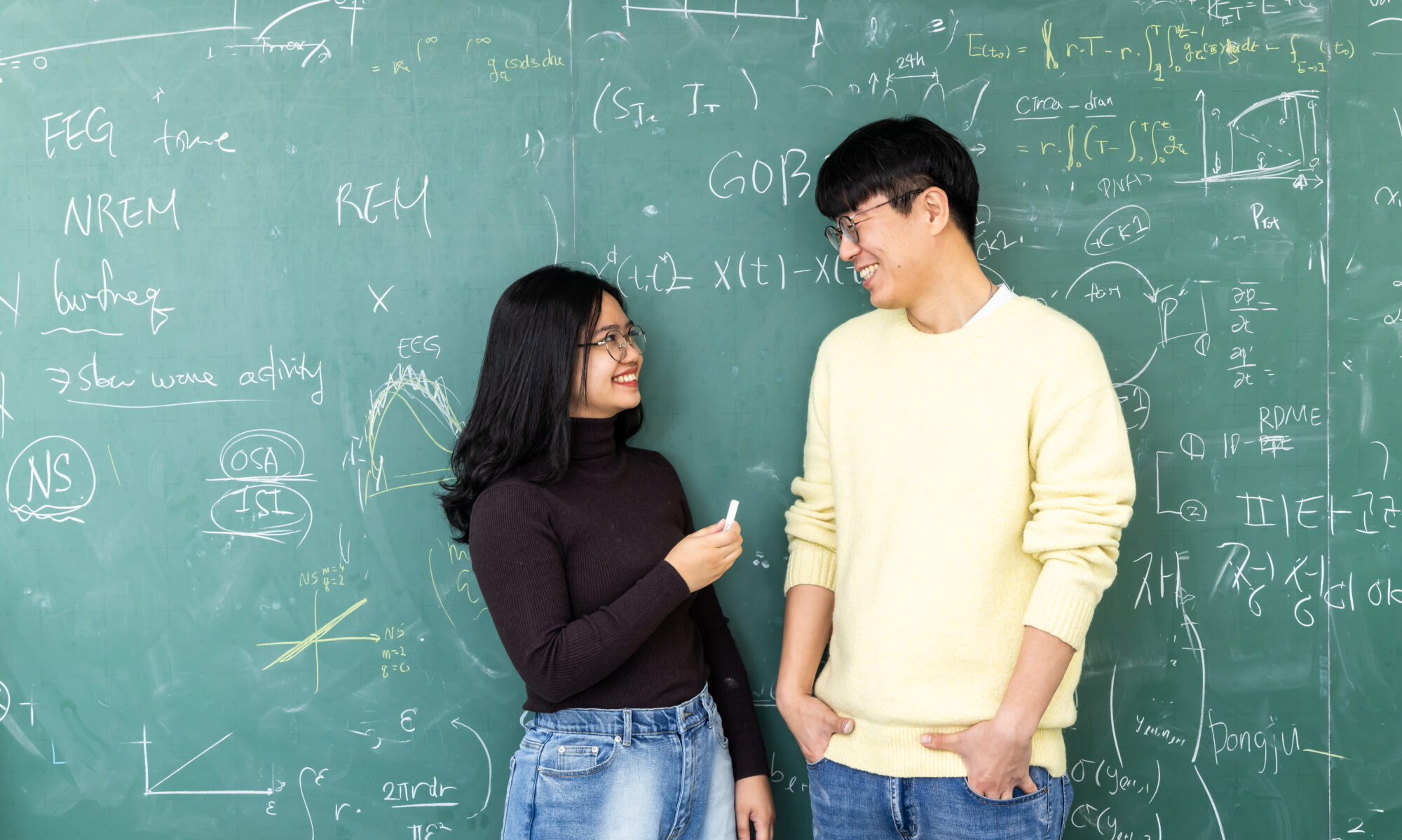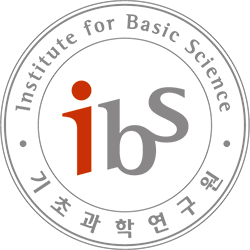Kévin SPINICCI, PenDA, a rank-based method for personalized differential analysis: Application to lung cancer
We will discuss about “PenDA, a rank-based method for personalized differential analysis: Application to lung cancer” Plos Computational Biology (2020). Abstract The hopes of precision medicine rely on our capacity to measure various high-throughput genomic information of a patient and to integrate them for personalized diagnosis and adapted treatment. Reaching these ambitious objectives will require …

